Your cart is currently empty!
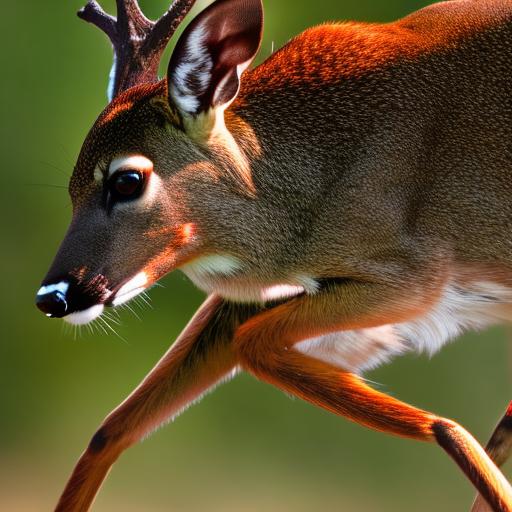
deer hunter widow

Losing a spouse is an incredibly difficult and painful experience, and coping with that loss can be a long and challenging journey. When your spouse was a deer hunter, there are unique challenges that come with the grief. This blog post aims to provide support, advice, and understanding for those who have lost a deer hunter spouse. We will explore various aspects of coping with grief, navigating the hunting community, finding support, managing practical responsibilities, dealing with emotions during hunting season, honoring your spouse’s memory, addressing social expectations, staying safe while hunting alone, and finding joy in nature after loss.
Key Takeaways
- Coping with the loss of a deer hunter spouse is a unique and challenging experience.
- Understanding the challenges of being a deer hunter widow can help in navigating grief and finding support.
- Finding community among other deer hunter widows can provide comfort and understanding.
- Managing financial and practical responsibilities after the loss of a hunting partner can be overwhelming, but seeking help can make a difference.
- Dealing with the emotional impact of hunting season without your spouse can be difficult, but honoring their memory can bring comfort.
Coping with the loss of a deer hunter spouse
Coping with the loss of a loved one is a deeply personal experience, and everyone grieves in their own way. It is important to allow yourself to feel the pain and sadness that comes with losing a spouse. Share your personal experiences or stories of coping with loss to help others going through a similar situation feel less alone. It can be helpful to seek support from friends, family, or a grief counselor who can provide guidance and understanding during this difficult time.
In addition to seeking support from others, there are various tips and advice that can help you deal with grief. Take care of yourself physically by eating well, exercising regularly, and getting enough rest. Engage in activities that bring you joy and provide a sense of normalcy in your life. Allow yourself to grieve at your own pace and be patient with yourself as you navigate through the stages of grief. Remember that it is okay to ask for help when you need it and to take breaks when necessary.
Understanding the unique challenges of being a deer hunter widow
Being a widow of a deer hunter comes with its own set of challenges. The hunting community often plays a significant role in the life of a deer hunter and their spouse. The loss of a hunting partner can leave a void in your life, both emotionally and practically. It is important to acknowledge and understand these challenges in order to effectively cope with them.
Emotionally, the loss of a spouse who was a deer hunter can bring up a range of emotions. You may feel a sense of loneliness and isolation, especially during hunting season when your spouse would typically be out in the field. It can be difficult to navigate through these emotions, but finding support from others who have experienced similar losses can be incredibly helpful.
Practically, being a deer hunter widow may mean taking on responsibilities that were previously shared with your spouse. This could include managing hunting gear, licenses, and permits, as well as handling any financial or logistical aspects of hunting trips. It is important to give yourself time to adjust to these new responsibilities and seek help when needed.
Navigating grief while still participating in the hunting community
For many deer hunter widows, the hunting community is an important part of their lives. It can provide a sense of camaraderie, connection to nature, and a way to honor their spouse’s memory. However, navigating grief while still participating in the hunting community can be challenging.
It is important to give yourself permission to grieve and take breaks from hunting if needed. Allow yourself to feel the emotions that come up during hunting trips and be gentle with yourself as you navigate through them. Surround yourself with understanding friends or family members who can provide support during this time.
At the same time, continuing to participate in the hunting community can also be healing and therapeutic. It can provide a sense of normalcy and connection to your spouse’s passion. Consider joining a hunting group or organization that supports widows and provides a supportive community. Engage in activities that allow you to honor your spouse’s memory while still enjoying the sport they loved.
Finding support and community among other deer hunter widows
Finding support and community among other deer hunter widows can be incredibly beneficial during the grieving process. Connecting with others who have experienced similar losses can provide a sense of understanding, empathy, and validation. It can also offer practical advice and resources for navigating through the challenges of being a deer hunter widow.
There are various resources available for finding support and connecting with other deer hunter widows. Look for local support groups or organizations that cater specifically to widows in the hunting community. Online forums and social media groups can also be a valuable source of support and connection. Reach out to others who have shared their experiences online and consider attending events or gatherings where you can meet other widows in person.
Remember that you are not alone in your grief and that there are others who understand what you are going through. Lean on these connections for support, share your own experiences, and offer support to others who may be going through a similar journey.
Managing financial and practical responsibilities after the loss of a hunting partner
The loss of a hunting partner can bring about various financial and practical responsibilities that may be overwhelming to manage on your own. It is important to take the time to assess your financial situation and seek help if needed.
Start by reviewing any joint accounts or assets that were shared with your spouse. Consider meeting with a financial advisor or attorney who can provide guidance on managing these assets and ensuring that you are financially secure. If necessary, seek assistance from family members or close friends who can help you navigate through any legal or financial matters.
In terms of practical responsibilities, take inventory of any hunting gear, licenses, or permits that need to be managed. Create a system for organizing and maintaining these items so that they are easily accessible when needed. Consider reaching out to friends or family members who may be able to assist you with any logistical aspects of hunting trips.
Remember that it is okay to ask for help when needed and to delegate tasks that may feel overwhelming. Take things one step at a time and be patient with yourself as you adjust to these new responsibilities.
Dealing with the emotional impact of hunting season without your spouse
Hunting season can be an emotionally challenging time for deer hunter widows. It is a reminder of the loss of your spouse and the absence of their presence in the field. Dealing with these emotions can be difficult, but there are strategies that can help you cope.
First and foremost, allow yourself to feel the emotions that come up during hunting season. It is normal to feel sadness, loneliness, or even anger. Give yourself permission to grieve and express these emotions in a healthy way. Consider journaling, talking to a trusted friend or family member, or seeking professional help if needed.
Engaging in activities that bring you joy and provide a sense of connection to your spouse can also be helpful during this time. Consider participating in hunting-related activities that you enjoyed with your spouse, such as scouting for deer or preparing for the upcoming season. Surround yourself with supportive friends or family members who can provide companionship and understanding during this time.
Remember that it is okay to take breaks from hunting if needed. Give yourself permission to prioritize self-care and engage in activities that bring you comfort and peace. Be gentle with yourself as you navigate through the emotions of hunting season without your spouse.
Honoring your spouse’s memory while continuing to hunt
Honoring your spouse’s memory while continuing to hunt can be a meaningful way to keep their spirit alive and maintain a connection to their passion. There are various ways you can honor your spouse while in the field.
Consider dedicating a specific hunting trip or season to your spouse’s memory. This could involve wearing something that reminds you of them, carrying a memento or photograph with you, or setting up a memorial at your hunting spot. Take the time to reflect on their love for hunting and the memories you shared together.
You can also honor your spouse’s memory by continuing to participate in hunting-related activities that they enjoyed. This could include volunteering for conservation efforts, mentoring new hunters, or participating in hunting competitions. By engaging in these activities, you are not only honoring your spouse but also keeping their passion alive.
Lastly, consider creating a tradition or ritual that allows you to honor your spouse’s memory during hunting season. This could involve lighting a candle, saying a prayer, or sharing stories about your spouse with others. Find a way that feels meaningful to you and incorporate it into your hunting routine.
Coping with the social and cultural expectations of being a deer hunter widow
Being a deer hunter widow can come with social and cultural expectations that may feel overwhelming or isolating. It is important to remember that everyone grieves differently and there is no right or wrong way to navigate through this experience.
You may encounter well-meaning friends or family members who have certain expectations of how you should grieve or move forward. It is important to set boundaries and communicate your needs clearly. Let them know that you appreciate their concern but that you are grieving in your own way and at your own pace.
If you feel comfortable, educate others about the unique challenges of being a deer hunter widow. Share your experiences and explain how their support can be most helpful to you. By raising awareness and advocating for yourself, you can help others understand the complexities of your grief.
Surround yourself with understanding friends or family members who can provide support and validation during this time. Seek out support groups or organizations that cater specifically to deer hunter widows, as they can provide a sense of community and understanding.
Remember that it is okay to prioritize your own needs and well-being during this time. Take breaks from social situations if needed and engage in activities that bring you comfort and peace. Be patient with yourself as you navigate through the social and cultural expectations of being a deer hunter widow.
Addressing the potential safety concerns of hunting alone
Hunting alone can raise safety concerns, especially for those who are not accustomed to doing so. It is important to prioritize your safety and take necessary precautions when hunting alone.
First and foremost, familiarize yourself with the hunting regulations and safety guidelines in your area. Make sure you have the necessary licenses and permits, and follow all safety protocols. Consider taking a hunter safety course if you have not done so already, as it can provide valuable knowledge and skills.
Inform someone of your hunting plans and let them know when you expect to return. Provide them with your location and any other relevant information. Consider carrying a GPS device or a cell phone with a reliable signal in case of emergencies.
When hunting alone, it is important to be extra cautious and aware of your surroundings. Take your time when setting up or taking down your hunting equipment, and be mindful of any potential hazards. Trust your instincts and prioritize your own well-being above all else.
Consider joining a hunting group or organization that offers group hunts or mentorship programs. This can provide an added layer of safety and support while still allowing you to enjoy the sport you love.
Remember that it is okay to ask for help or seek guidance from experienced hunters if you are unsure about any aspect of hunting alone. Prioritize your safety at all times and trust your instincts.
Finding ways to continue enjoying the outdoors and nature after loss
After the loss of a deer hunter spouse, finding ways to continue enjoying the outdoors and nature can be healing and therapeutic. Spending time in nature can provide solace, peace, and a sense of connection to something greater than ourselves.
Consider engaging in activities that allow you to immerse yourself in nature, such as hiking, birdwatching, or photography. These activities can provide a sense of calmness and allow you to appreciate the beauty of the natural world.
If you feel comfortable, consider returning to the hunting field and participating in the sport your spouse loved. Take it at your own pace and give yourself permission to take breaks or step back if needed. Surround yourself with supportive friends or family members who can provide companionship and understanding during this time.
Engage in activities that allow you to honor your spouse’s memory while still enjoying the outdoors. This could include planting a tree in their honor, creating a memorial garden, or participating in conservation efforts. Find ways to incorporate their love for nature into your own outdoor activities.
Remember that it is okay to find joy and peace in nature after loss. Allow yourself to fully experience the healing power of the outdoors and embrace the beauty that surrounds you.
Coping with the loss of a deer hunter spouse is a challenging and deeply personal journey. It is important to acknowledge and understand the unique challenges that come with being a deer hunter widow, while also finding ways to navigate through grief, honor your spouse’s memory, and continue enjoying the outdoors.
Seek support from friends, family, or a grief counselor who can provide guidance and understanding during this difficult time. Connect with other deer hunter widows who can offer empathy, support, and resources. Take care of yourself physically and emotionally, and be patient with yourself as you navigate through grief.
Remember that you are not alone in your journey and that there are others who understand what you are going through. Lean on these connections for support, share your own experiences, and offer support to others who may be going through a similar journey.
If you’re a deer hunter widow looking to explore other hunting opportunities, you might be interested in learning how to hunt pheasant without a dog. This informative article from Old Oak Syndicate provides valuable tips and techniques for successfully hunting pheasants solo. Whether you’re new to hunting or simply want to try something different, this article will guide you through the process and help you make the most of your hunting experience. Check it out here!
FAQs
What is a deer hunter widow?
A deer hunter widow is a term used to describe the spouse or partner of a deer hunter who spends a significant amount of time hunting during the deer hunting season.
What is the deer hunting season?
The deer hunting season varies depending on the state and region, but it typically runs from late summer to early winter.
How much time do deer hunters typically spend hunting?
The amount of time deer hunters spend hunting varies, but it can range from a few hours to several days at a time.
What are some common challenges faced by deer hunter widows?
Some common challenges faced by deer hunter widows include loneliness, increased responsibilities at home, and difficulty managing household tasks and finances on their own.
What can deer hunter widows do to cope with the challenges they face?
Deer hunter widows can cope with the challenges they face by staying connected with friends and family, pursuing their own interests and hobbies, and seeking support from community resources and organizations.

Herb has been a longtime lover of the outdoors. Whether it be hunting, camping, fishing or just getting outside to reset. Proud father and animal lover. Bourbon anyone?

by
Tags:
Comments

Categories
- Big Game Hunting (301)
- Deer (202)
- Reviews (3)
- Shooting (16)
- Slingshot (1)
- Small Game Hunting (42)
- Upland Hunting (126)
- Waterfowl Hunting (3)
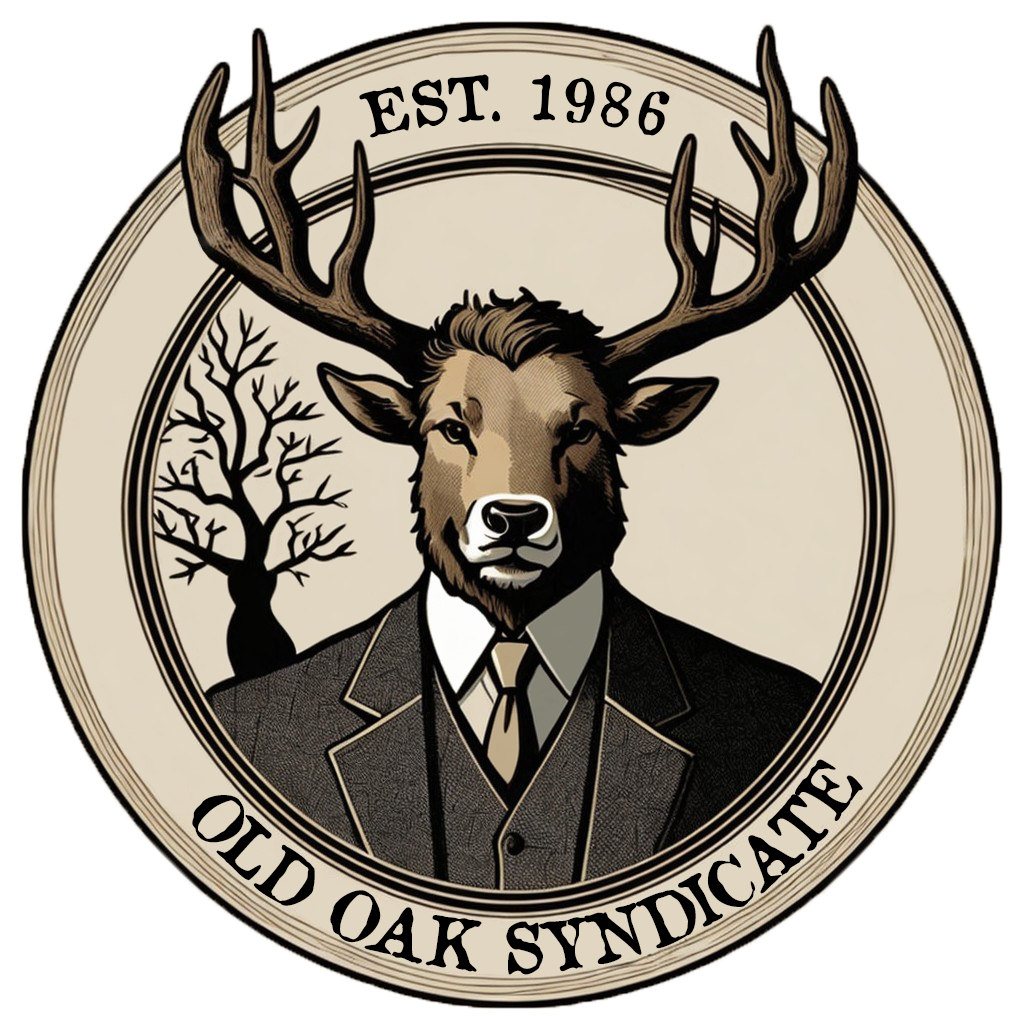
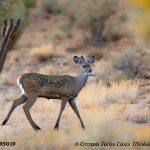
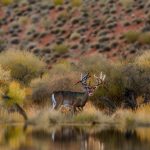
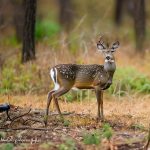
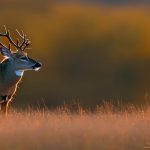
Leave a Reply